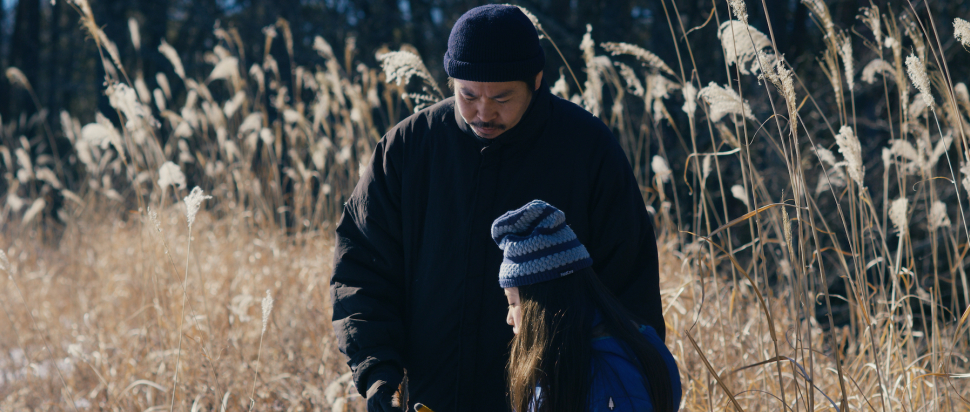Evil Does Not Exist
Evil Does Not Exist, Ryûsuke Hamaguchi's follow up to Drive My Car, is another unconventionally but entirely beguiling work from this talented Japanese director
How do you follow up the surprising success of your three-hour, slow-burn drama, which broke out internationally via multiple nominations – and one win – at the Oscars? For Japanese writer-director Ryûsuke Hamaguchi (Drive My Car), the answer is to keep making unconventionality your speciality. With Evil Does Not Exist, he has made a peculiar film that could easily be labelled as an eco-drama, but equally, it could be argued to be a contemporary, wintry spin on the psychological Western – in which a small town, with an enigmatic handyman as the de facto leader, pushes back against false prophets of progress looking to disrupt their way of life.
Structurally, Evil Does Not Exist would seem to be a simpler affair compared to the multilingual explorations of Chekhov in Drive My Car or the anthology approach of Wheel of Fortune and Fantasy, Hamaguchi's other film released in 2021. But the inception of the latest project provides a compelling friction between its narrative and atmosphere, helping to make this the filmmaker’s most beguiling work to date.
Evil Does Not Exist first came about after musician Eiko Ishibashi – who composed the score for Drive My Car – asked Hamaguchi to shoot material that could accompany a live performance of her work. Restricted to concert shows for now, that separate piece, Gift, incorporates footage also used for Evil Does Not Exist, but in a shorter format and minus dialogue. You can imagine much of the material translating well for those purposes, as most of the opening half-hour of Evil Does Not Exist unfolds with few words – the dominant sounds being Ishibashi’s often dread-inducing score and the noises of nature whenever that music abruptly ceases.
This section follows the working rhythms of Takumi (Hitoshi Omika), a jack-of-all-trades running errands in the sylvan village of Mizubiki. He lives with his young daughter, Hana (Ryô Nishikawa), with the implication being that the child’s mother is deceased. Hamaguchi patiently and successfully immerses us in the natural, tranquil beauty and routines of the area, to the extent that a town meeting with outsider company reps – taking place at Hana’s school – instantly comes across like an existential threat to the balance of the whole place, even before a single word is uttered about their potentially poisonous proposition.
These two spokespeople (Ryûji Kosaka and Ayaka Shibutani) are hired guns for a Tokyo-based agency planning a glamping (glamorous camping) site aimed at city-dwelling tourists, setting up a dialogue with the locals to get their input in the limited time window before construction goes ahead. With Takumi providing the most compelling dismantling of the proposals, the villagers make a case for the various safety risks and environmental havoc.
It is from this point that Hamaguchi morphs the film away from the rural-versus-urban narrative it sets up, humanising the two corporate lackeys ahead of a suspenseful return visit to the village, where they attempt to win over Takumi. The brutal interactions of the enthralling, mysterious second hour are best left unspoiled, but as the film’s striking title hints at the outset, the nature of human behaviour is never cut and dry.
